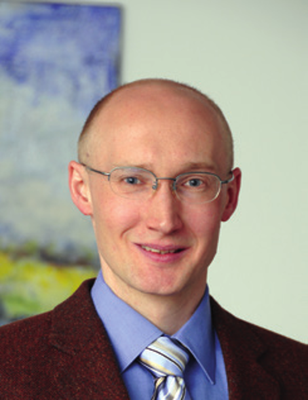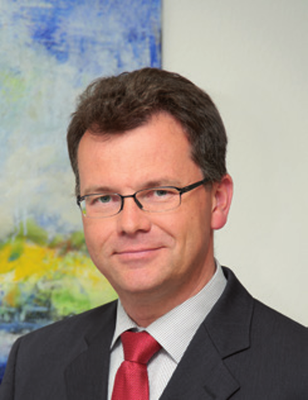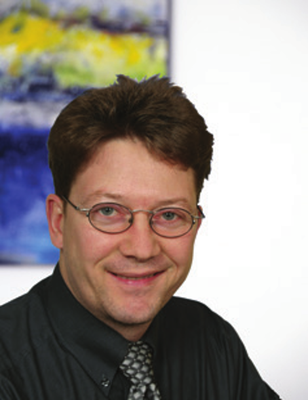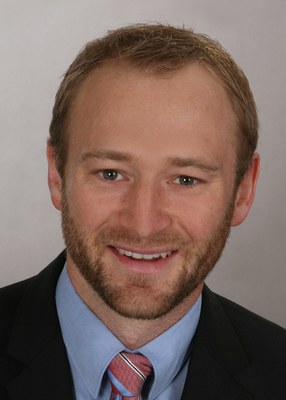Joining Techniques in LS-DYNA
In this webinar you will gain insight into the possibilities to model and simulate component connections in LS-DYNA. The most frequently used connections, such as adhesive bonding, bolt fastening, welding, spot-weld adhesive bonding or riveting, each require a specific structural and material model for numerical simulation. For this reason, we will thoroughly discuss the load carrying action of the individual connections as well as their structural stability and demonstrate possible modeling approaches (in conjunction with flange models).
Currently used models will be discussed and the reliability of the obtained results are critically reviewed with particular emphasis on scenarios that include connection failure. Especially for welded and bolted connections, most recent LS-DYNA releases now include a large number of new features and improvements. For example, the contact treatment of flanges has been expanded to enable a better assessment of the spot-weld forces at solid and beam elements. Further failure options have also been introduced. In addition, a new keyword is available to model bolted connections, which allows for a simplified definition of prestress.
The webinar is designed for engineers with practical simulation experience who wish to broaden their knowledge in the field of connection simulations using LS-DYNA.
Content
- Spot-welds/rivets
- Options to model spot welds
- Discussion of element types and formulations
- Tied contacts, flange-flange contact
- Material modeling of spot-welds
- Definition of damage and failure
- Analysis of spot-weld forces
- Prestressed and non-prestressed bolted connections
- Options to model bolted connections
- Contact formulations for bolts
- Analysis of bolt forces
- KEYWORD: INITIAL_STRESS_SECTION for automated bolt prestressing
- Adhesive bonds
- Types of adhesive bonds: assembly adhesives, structural adhesives
- Modelling the adhesive joint
- Element formulation for continuum elements
- Special hourglass control
- Application and use of cohesive elements
- Connection by tied contacts
- Established and new material models
- Spot-weld adhesive bonding
- Verification and validation of connection technology models
| Dates | Duration/days | Calendar | Registration | Referee | Language | Location | Fee |
|---|---|---|---|---|---|---|---|
| 10.02.2025, 09:00 - 17:00 | 2 days | Add to calendar | English | Stuttgart (GER) | 1050 € | ||
| 18.11.2025, 09:00 - 17:00 | 2 days | Add to calendar | Registration | Tobias Graf | English | Stuttgart (GER) | 1050 € |
Lecturers
Tobias Graf

Areas of expertise:
Joining techniques, material modeling
Civil Engineering
André Haufe

Prof. Dr.-Ing.
Manager process simulation
Areas of expertise:
Material modeling, forming simulations, joining techniques
Academic studies:
Civil engineering
Markus Feucht

Dr.-Ing.
Lecturer of the seminars:
- Joining Techniques for Crash Analysis with LS-DYNA
- Damage and Failure Modeling
Max Hübner

Dipl.-Ing.
Area of Expertise:
Joining techniques
Academic studies:
Civil engineering